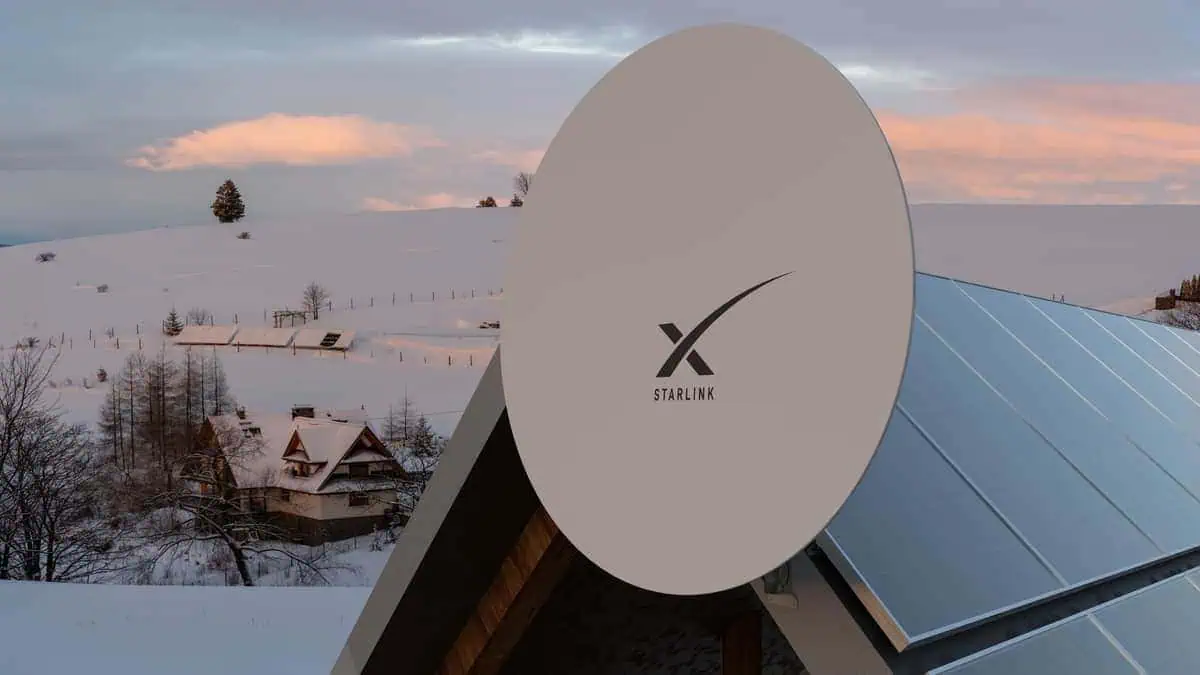The Federal Communications Commission’s (FCC) decision to reverse Starlink’s $885.5 million infrastructure grant was challenged by SpaceX.
Under the circumstances, SpaceX hand-delivered an appeal to FCC Secretary Marlene Dortch to overturn a decision that the company cannot provide high-speed internet to neglected areas after filing it electronically, according to Teslarati.
In August, the American telecom regulator revoked the $885 million award it had given to SpaceX in 2020 for its Starlink satellite-internet unit to deliver broadband to areas without such connections.
The decision to exclude Starlink from the Rural Digital Opportunity Fund (RDOF) was deemed to be wrong in terms of both law and policy, as per the executive summary:
| “It fails legally because it contradicts the record—including SpaceX’s and Starlink’s proven capabilities—it contradicts the Commission’s stated rules for the program, and it rests on unsupported conjecture and outside-the-record information apparently cherry-picked from somewhere on the Internet.”“Worse, it fails the RDOF’s very purpose: closing the digital divide. As the last few years have highlighted, it is critical to connect all Americans as quickly as possible, whether to enable kids to do their homework, empower parents to work from home, help doctors provide telehealth services, or assist first responders with emergency situations. The Bureau’s decision undermines this goal, leaving the very Americans that RDOF was supposed to connect stranded indefinitely on the wrong side of the digital divide.”“This decision is so broken that it is hard not to see it as an improper attempt to undo the Commission’s earlier decision, made under the previous Administration, to permit satellite broadband service providers to participate in the RDOF program. The decision appears to have been rendered in service to a clear bias towards fiber, rather than a merits-based decision to actually connect unserved Americans. Commissioner Starks, in adopting the RDOF Order, correctly foresaw that “next-generation satellite broadband holds tremendous technological promise for addressing the digital divide and is led by strong American companies with a lengthy record of success.”“Rightly, he directed the Bureau to “evaluate those applications on their own merits.” But the Bureau inexplicably ignored this direction and instead applied far different standards to SpaceX’s application precisely because SpaceX proposes to use satellites.” |
Additionally, SpaceX asserted that one of the many discrepancies by the FCC was its improper use of data not included in the record to single it out for punishment for the system’s present speeds. The Bureau also allegedly made the mistake of ignoring SpaceX’s “robust record evidence” of its demonstrated capacity to rapidly improve and expand its network.
Moreover, it is also worth noting that the FCC did not account for SpaceX’s transparent all-in pricing.
| “The Bureau’s decision holds SpaceX to standards not adopted by the Commission for the RDOF program. Indeed, these are standards that no bidder could meet today. Changing the rules to undo a prior policy is grossly unfair after SpaceX has invested thousands of employee hours and millions of dollars preparing to meet its RDOF obligations on the reasonable assumption that the Bureau would apply the Commission’s rules in an even-handed manner.”“Far more troubling, as no RDOF applicant offering fiber even bid in the majority of the territories SpaceX committed to serve through RDOF, the Bureau’s decision leaves the Commission with no plan to connect many unconnected Americans, undermining the very purpose of this program. The decision should not be allowed to stand, leaving the people in these rural areas across our country behind yet again.” |
Brenden Carr, a commissioner for the FCC, criticized the organization last month for rejecting Starlink’s award. He tweeted that it would keep rural Americans “waiting on the wrong side of the digital divide.”






